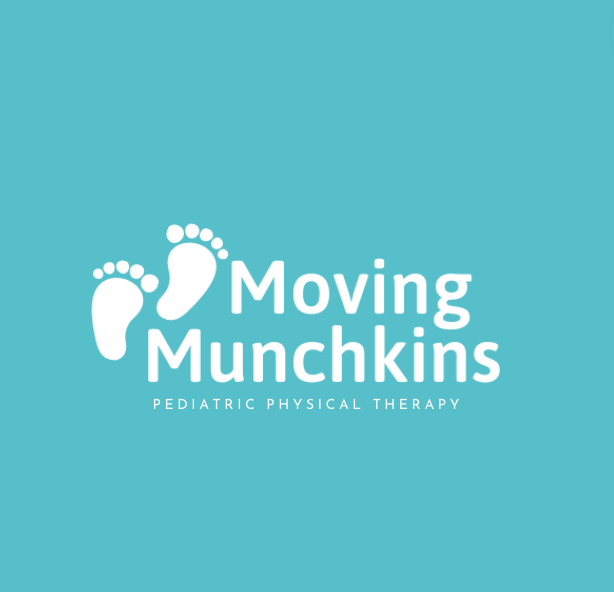Is it okay if my baby skips crawling?
Crawling is an exciting milestone most parents look forward to within the first year of a baby’s development. On average it is achieved around 9 months old, but it can happen earlier or a little later.
But what happens when it seems like your baby is going to skip crawling because he would rather be standing instead?
Is it okay if your baby skips crawling?
To answer this question, let’s look at the typical trajectory of the significant baby milestones within the first year.
Head control
Rolling
Sitting
Crawling
Standing
Walking
Crawling is right in the middle of the major movement milestones and that’s not a coincidence. These milestones are interdependent on one another. Good quality movement is best achieved when milestones are met in this order.
Let’s take a deeper look into the benefits of crawling if I don’t already have you convinced.
Strength: Crawling is the last phase of tummy time. It finishes off the strength benefits of tummy time: strength in the neck, shoulder/arm/hand muscles, and specific to crawling- in the core and glute muscles. These strength gains are really difficult to achieve without crawling on hands and knees. The better the strength, the more easily walking, running, and jumping will be achieved later on.
When babies are referred to me due to being late to walk, my first question is- “Is he crawling?” The achievement of crawling can tell me quite a bit about how the baby is moving and when he will walk.
Vestibular benefits: Crawling also helps develop a munchkins’ vestibular system because it is the second form of independent movement (second to rolling). The vestibular system plays an important role in balance as it tells the brain when the body is in motion and when it is still. It also tells the brain when the body is right side up, upside- down, or tilting/falling over. All this information is crucial for the brain to understand to put out a movement response and maintain balance.
Things that can become very difficult for munchkins who do not crawl include: balancing on one leg, and hopping. The lack of achievement of these skills can relate to the underdeveloped vestibular system.
Eye development: Once a child begins school, it is expected that he sits in his seat and pay attention to the front of the classroom. The eye movement and focus must go from the paper on his desk back up to the front of the class and back down to his paper. Back and forth and back and forth. This is exactly what a munchkin will do with his eye focus while crawling.
Munchkins who do not crawl often have difficulty with reading and writing skills, and even sometimes have trouble paying attention in class because the physical eye focus is just too difficult.
Sensory benefits: Crawling on hands and knees allows for more development of the sensory system- sensory of deep pressure, light touch/textures, and body placement in relation to the floor and environment. These sensory exposures will help mature the sensory system which plays a crucial role in refinement of coordinated movement.
Munchkins who do not have a mature sensory system have trouble with coordinated movement such as: skipping, buttoning pants, and handwriting skills.
Coordination: Crawling develops body coordination as it relates to opposite sides of the body working together to achieve a goal. While crawling, your munchin is using opposite arm and leg movement simultaneously! This skill helps to build mature connections of the right and left sides of the brain.
Munchkins who do not crawl can have trouble with skipping, kicking, and cutting skills.
Cognitive development: Crawling allows for freedom of movement. When a baby independently explores his environment, he is not only perfecting his coordination, strength, and balance, but he is learning! Independence in movement is key to development of the brain!
As you can see, the benefits to crawling are significant. If at all possible, babies should crawl, and it should take place before walking.
"But Dr. Hope, my cousin's freind's baby didn't crawl and shes totally fine!"
This is an example of survivorship bias. Yes it's true, not ALL babies crawl. Some do skip crawling, however it is most adventageous for your baby's development if she sucessfully crawls.
If you are concerned for your baby’s ability to crawl, contact a pediatric physical therapist.
Keep your munchkin moving!

